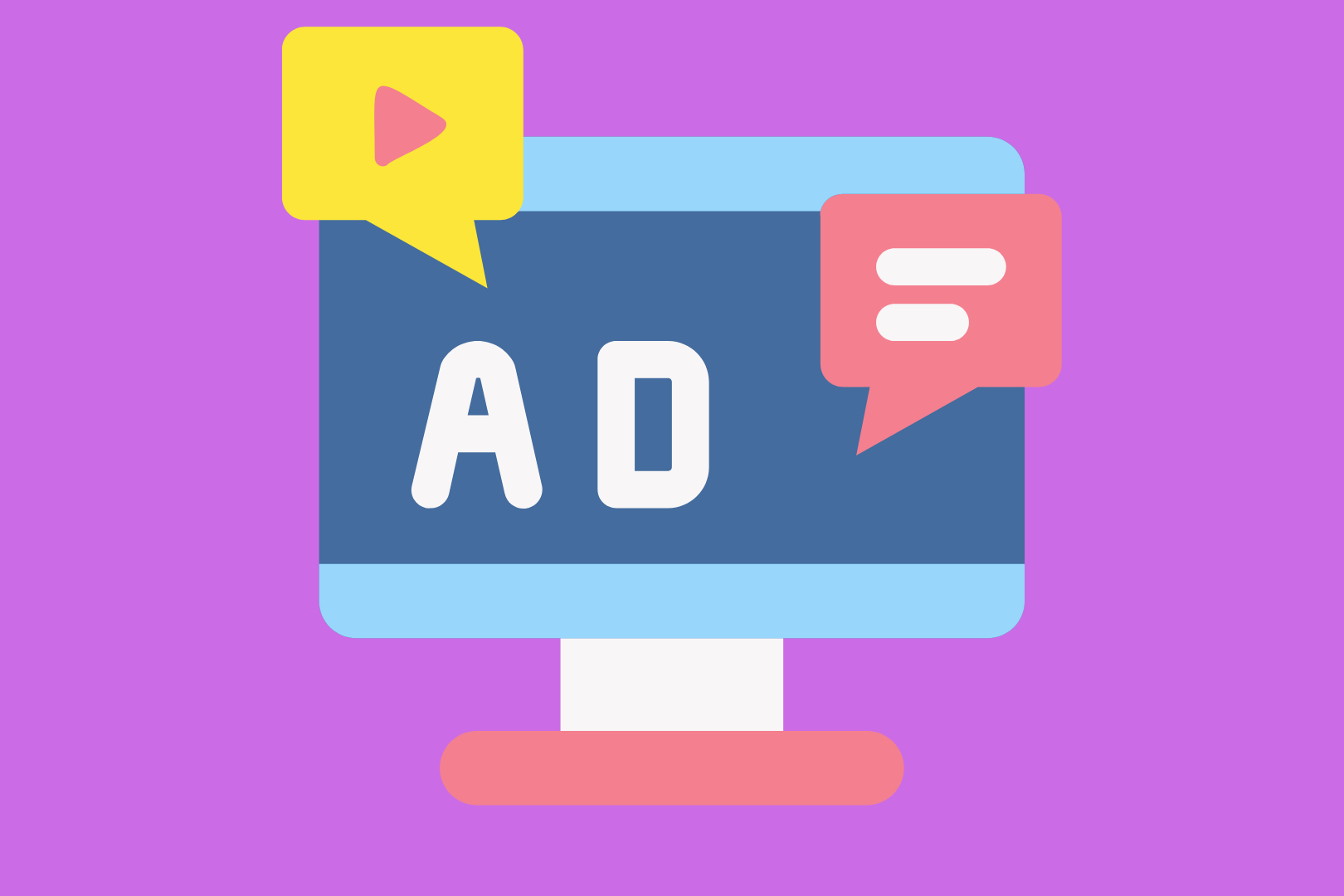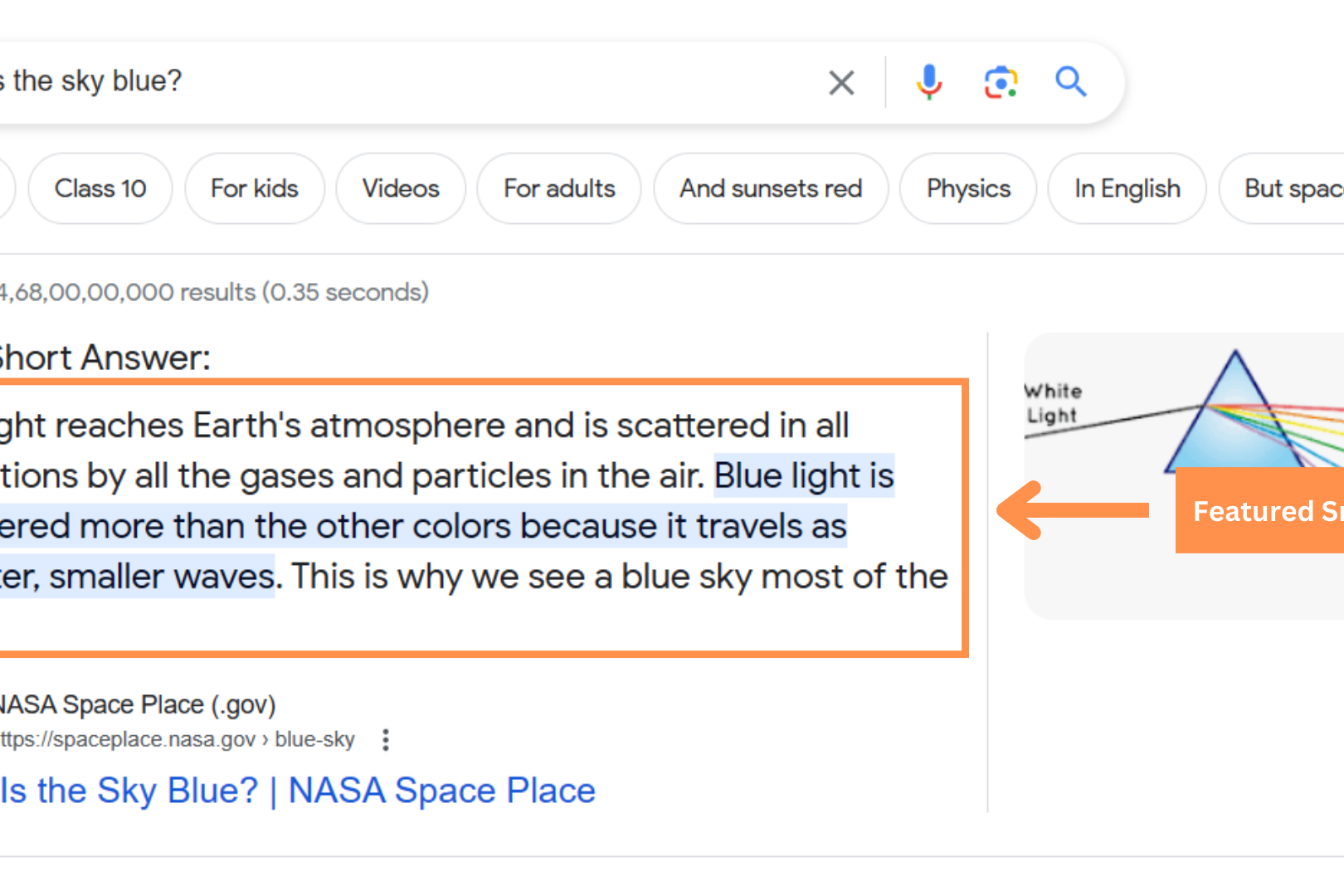In the world of search engine optimization (SEO), getting your website indexed and crawled by Google is crucial for achieving good rankings and increasing organic traffic. When Google crawls your site, it analyzes and indexes your web pages, making them eligible to appear in search engine results pages (SERPs). If you want to ensure that your website is effectively crawled by Google, here are some essential things you should do:
1. Create a Sitemap
A sitemap is a file that provides Google with a map of your website’s structure, including all the URLs you want to be crawled. By submitting a sitemap to Google Search Console, you’re essentially telling Google about your site’s organization and which pages are important. This helps Google’s crawler navigate and index your site more efficiently.
2. Optimize Your Robots.txt File
The robots.txt file is a text file that tells search engine crawlers which parts of your website to crawl and which parts to exclude. It’s crucial to ensure that your robots.txt file is properly optimized to allow Googlebot (Google’s web crawling bot) access to the relevant pages of your site. Be cautious not to block important pages unintentionally, as this can prevent them from appearing in search results.
3. Use Internal Linking
Internal linking is the practice of linking one page of your website to another page within the same domain. It not only helps users navigate your site but also assists search engine crawlers in discovering and indexing your content. By strategically linking relevant pages using descriptive anchor text, you provide Google with clear signals about the importance and structure of your content.
4. Optimize URL Structure
A well-structured URL can make it easier for Google’s crawler to understand what your page is about. Use descriptive and concise URLs that incorporate relevant keywords. Avoid long strings of numbers or unnecessary parameters that don’t add value. Additionally, consider using hyphens to separate words in your URLs for better readability.
5. Improve Page Load Speed
Page load speed is a critical factor that affects both user experience and search engine crawling. Google’s crawler prefers fast-loading websites, as they provide a better experience for users. Optimize your website’s performance by compressing images, minifying code, leveraging browser caching, and using a content delivery network (CDN). These optimizations not only help your site get crawled more efficiently but also improve your overall SEO.
6. Ensure Mobile-Friendliness
With the increasing dominance of mobile devices, Google prioritizes mobile-friendly websites in its search results. Google’s crawler evaluates your site’s mobile version, so it’s crucial to have a responsive design that adapts to different screen sizes. Test your website using Google’s Mobile-Friendly Test tool to identify any issues and make the necessary optimizations.
7. Fix Broken Links and Errors
Broken links and errors can negatively impact your website’s crawlability and user experience. Regularly monitor your site for broken links, 404 errors, and other issues. Use tools like Google Search Console or third-party website crawlers to identify and fix these problems promptly. By providing a smooth and error-free browsing experience, you increase the chances of your site being effectively crawled by Google.
8. Publish High-Quality Content
Creating high-quality, relevant, and valuable content is vital for successful SEO. Google’s crawler is designed to identify and prioritize quality content. By consistently publishing informative and engaging content, you increase the likelihood of your pages being crawled, indexed, and ranked higher in search results. Focus on creating content that matches the search intent of your target audience, and incorporate relevant keywords naturally.
Remember, SEO is an ongoing process, and staying up to date with the latest best practices is essential. Regularly monitor your website’s performance, analyze crawl data in Google Search Console, and make necessary optimizations to ensure that your site continues to be effectively crawled and indexed by Google. Find SEO too cumbersome? Leave it to our experts at Brace Media! Drive more traffic to your website and your business so that you can do what you do best – run your business! Contact us today to know more!
Related Posts
August 9, 2023
What is PPC Marketing? Answered with Pros and Cons
What is Pay-Per-Click Marketing or advertising? We answer that and more with…
August 1, 2023
Featured Snippets on Google: How Do They Work and why should you care?
What are Featured Snippets and how can they improve your website's search…
July 19, 2023
Here’s Why Off-Page SEO Is Just as Important as SEO on Your Landing Page
Discover why off-page SEO is just as crucial as on-page optimization. Learn how…



